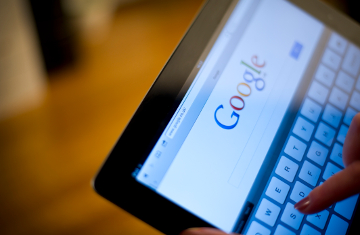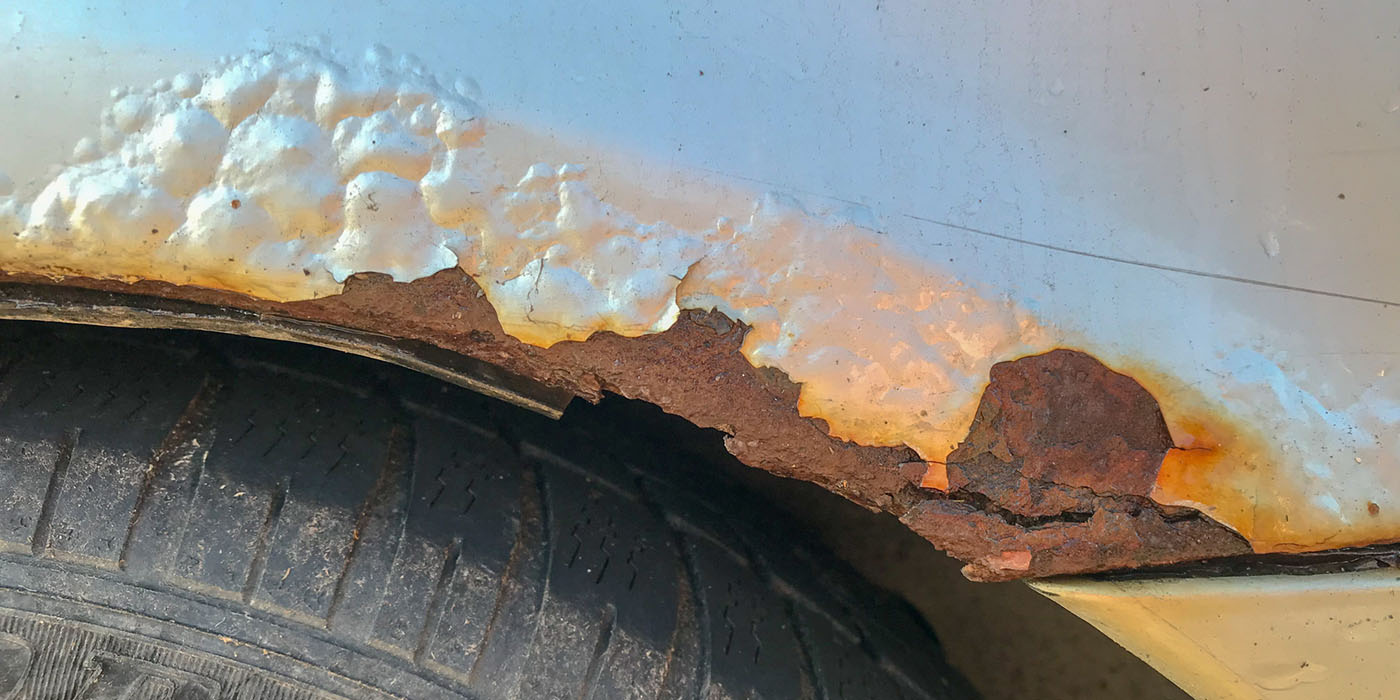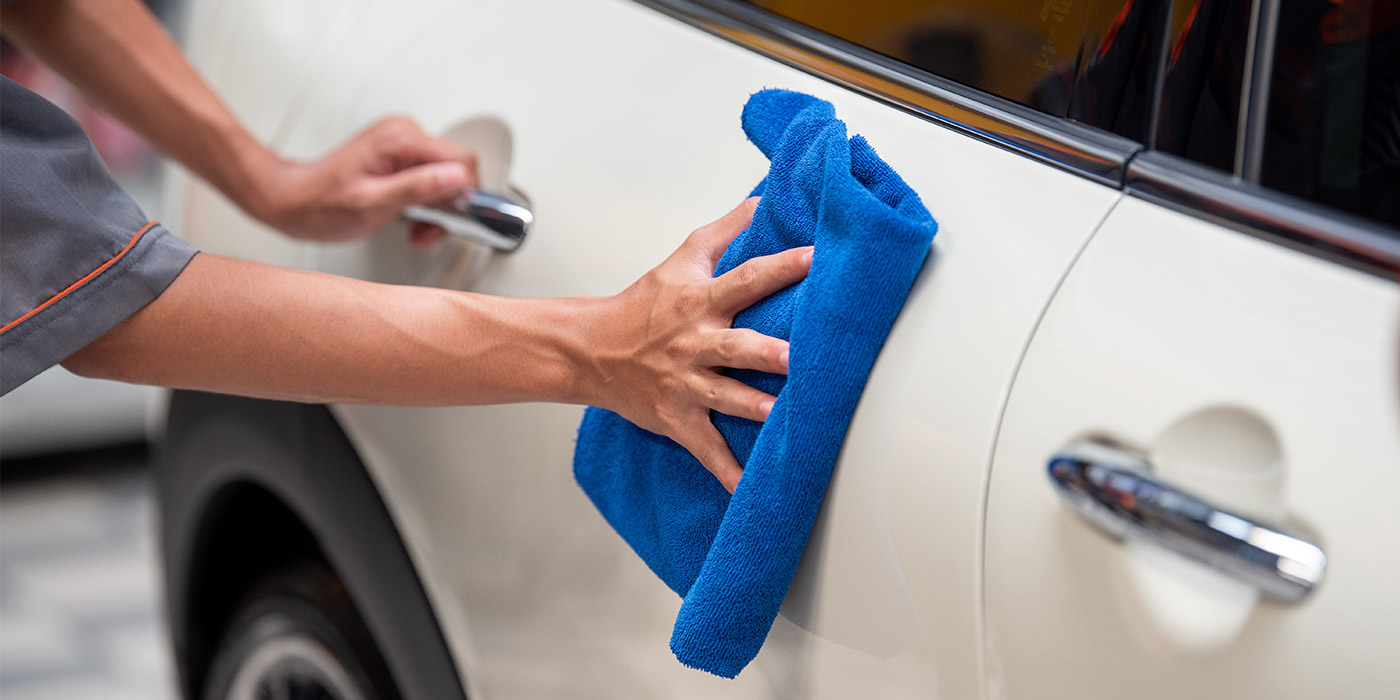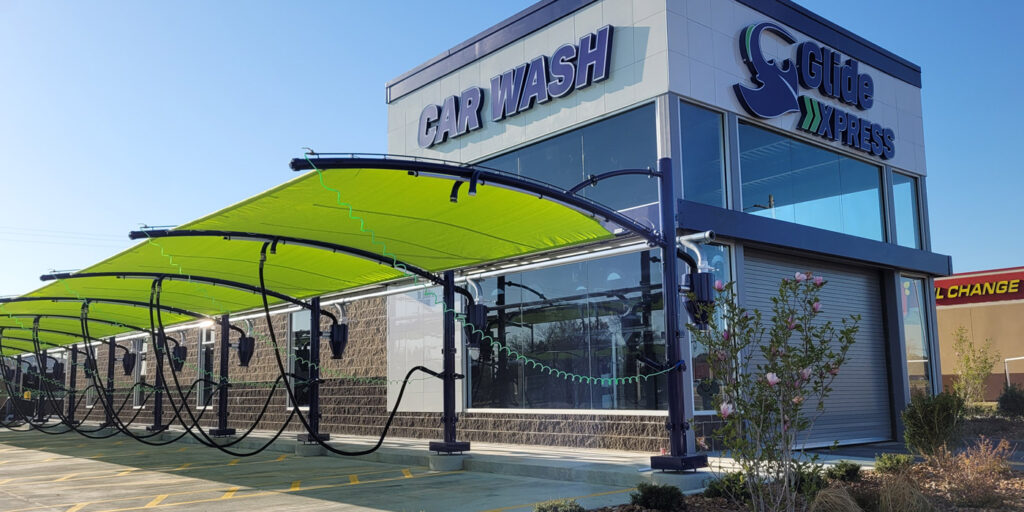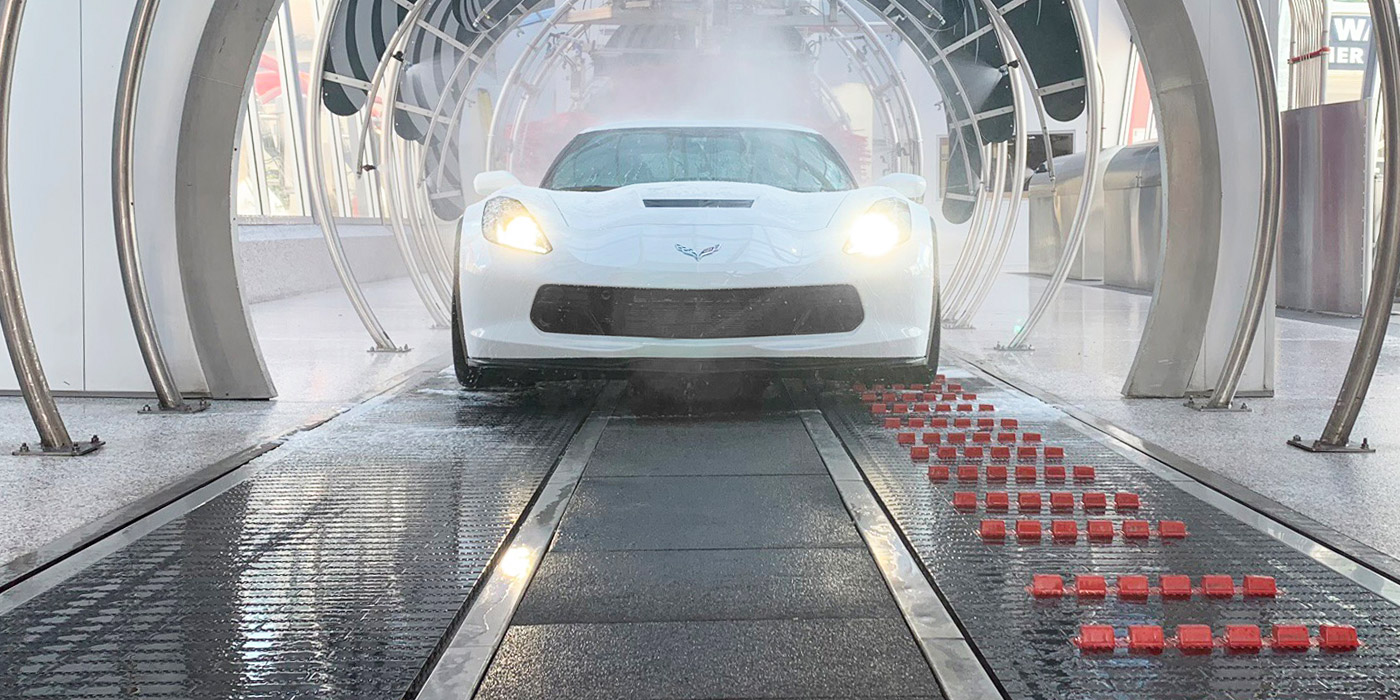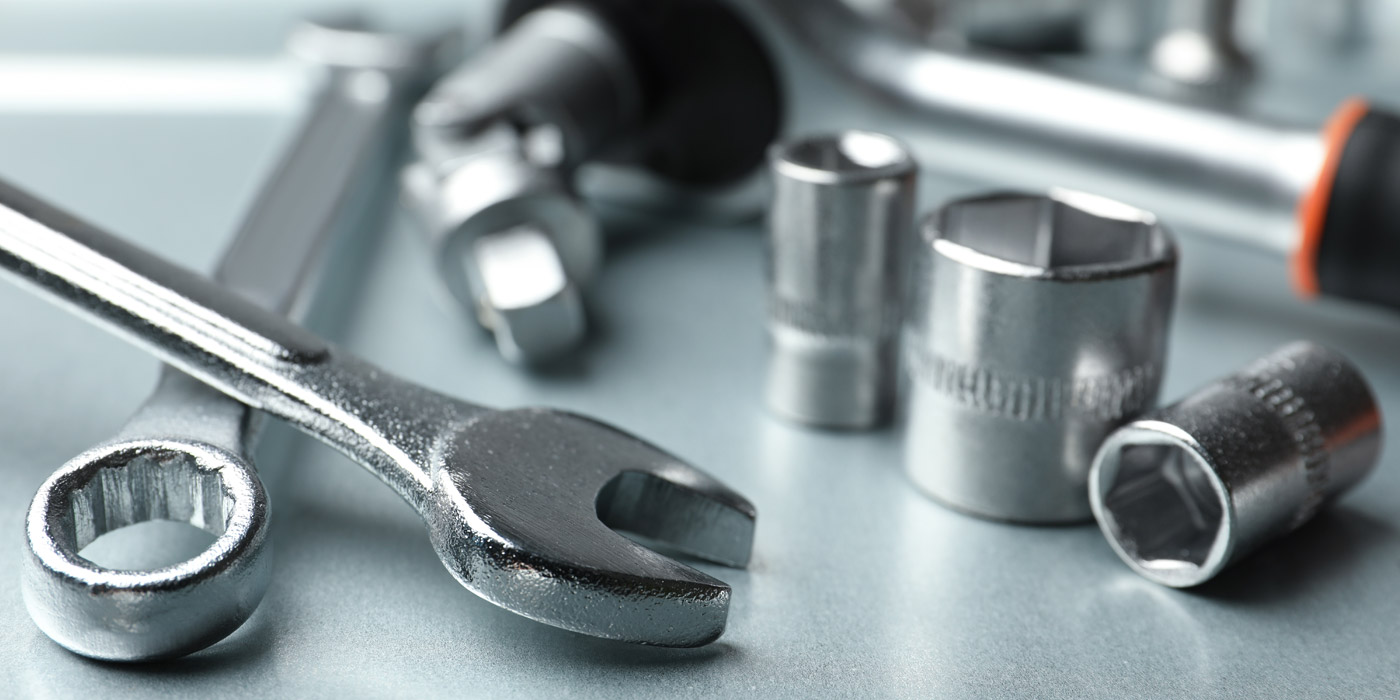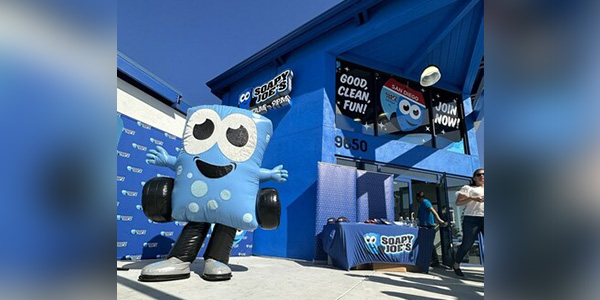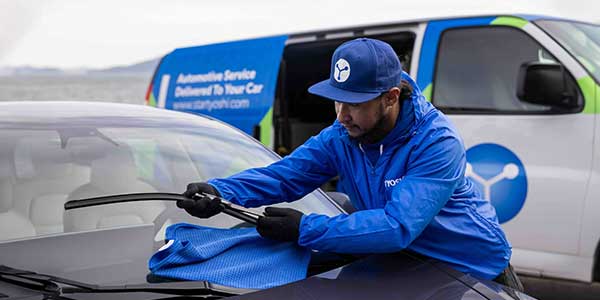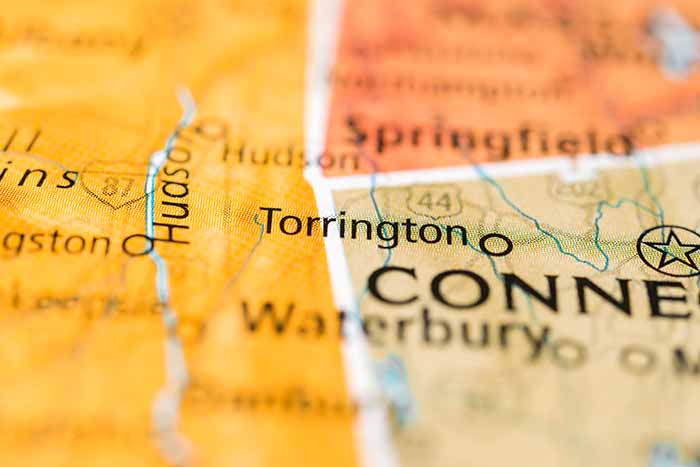Point-of-sale systems are necessities for processing payments for carwashes and lube centers. They need to be efficient to get customers through lines quickly and pleasantly. While this is certainly an important aspect of the equipment, this kind of thinking can limit the capabilities of what these systems can do.
As we know, technology is progressing in nearly every area of the carwash and quick lube industries, and point-of-sale systems have seen their fair share of advancements over the years. The tools they provide can help businesses operate efficiently by keeping track of cash and inventory, as well as maintaining a steady stream of loyal customers.
Mobile technology enhances customer loyalty
One trend making a splash in the carwash industry is mobile technology. Businesses use it for marketing, equipment and chemical management, and a host of other purposes.
“Mobile applications and devices continue to evolve and find their way into the workflow of the modern quick lube,” notes Craig Harris, president of Auto Data Inc.
According to Harris, software vendors vary in how they incorporate the technology. One way companies do this is by using screen sharing technologies to extend the regular-use interface onto a tablet.
Another option is to develop native apps for iOS and Android. Harris states this can leverage the onboard hardware for more functionality. The camera on the mobile device can be used to scan VIN numbers on customers’ vehicles. Loyalty apps can even be customized with the business’ branding and can be offered to customers for free. This method encourages customers to return to the business since the loyalty app allows them to keep track of their vehicles.
“This app helps the shop’s customers keep track of all their family or fleet vehicles,” says Harris. “They can see when each vehicle is due for their next service, receive push notifications, see the complete service history for each vehicle and connect to the shops various social networking sites."
The technology can be used for marketing purposes as well, Harris continues. POS systems should be able to send timely, accurate service reminders so customers retain the value of their vehicles with regular maintenance.
Additionally, POS systems can be used to automatically reorder stock based on past usage, shares Harris. This can help a shop run efficiently by keeping the right amount of product on hand at all times.
Shopping for a POS
With so many options for this equipment, how do you choose what is right for your business? Harris shares you can do this by forming “a team of users that will be directly affected the decision.” He adds, “It’s important to involve not only back-office accounting staff members, but managers and trusted technicians who will actually be using the software on a daily basis.”
Dean Lecky, vice president of sales with Micrologic Associates, says that as with any purchase, doing homework is important. He offers some key factors to consider:
- Choose a system from a company that will use the latest and future technology.
- Ask yourself if the system can meet your current and future needs.
- Consider whether you will have a carwash and lube center with the POS system integrated with each other.
- Ask the vendors to perform a demo for you.
- Call customers who are currently using the system.
As far as expenses go, costs vary greatly depending on the number of work stations and options chosen, as well as the vendor, believes Harris. Simpler, single-station setups may cost as little as $2,000, he adds, while more sophisticated systems could cost as much as $7,000.
“Typically you will see a cost savings by selecting a lube POS system from one of the companies not always associated with carwash POS,” states Harris. Other costs to consider include receipt paper, thermal ribbons for the sticker printer, laser toner, etc. In addition, “Support and updates will typically run between $1,200 and $2,000 on an annual basis depending on original licensing options and data subscription,” continues Harris.
Furthermore, operators should ensure the POS chosen is practical for the business. “A system that is hard to use or takes too long to learn creates opportunity for error or poor data input,” Harris says. He encourages businesses to go through online demos with their teams and the software vendor at least once. After this, another demo can be held in which specific questions are addressed.
“Technical support and customer service [are] critical to the success of your system implementation and use, so be sure to include [them] as key [components] when speaking with references,” adds Harris.
Lube and carwash POS
For businesses that operate a quick lube and carwash on the same site, the same POS systems can be used.
“It is more common to have a unified lobby or customer waiting room, which usually translates into a single cash-out area,” believes Harris. The benefit to this is simplified cash drawer control, he adds.
“The less cash drawers to keep track of, the easier it will be to prevent theft.”
A negative aspect of having a unified lobby, according to Harris, is reduced flexibility in how customers and workflows are handled.
“Allowing the customer to stay in [his or her] vehicle and pay in the lube bays may make sense for the customer, and also [decrease] overall bay times, which could translate into happier customers and increased profits,” asserts Harris.
Harris notes that when a business has two buildings, having two cash-out options makes sense. The point is to have options to meet your customers’ needs.
“If configured properly, they both give the tools to allow the service advisors the information to offer the proper services to the customer,” Lecky states.
Some businesses have two pay stations (one for the lube center and one for the carwash), notes Lecky. He says it depends on how the property is laid out and how the building is constructed. Regardless of how your location allows the development of a lube center, the additional profit centers can provide a boost for business.
“Adding a lube center can be a great way to have a revenue stream even if the carwash is closed because of weather,” concludes Lecky.

